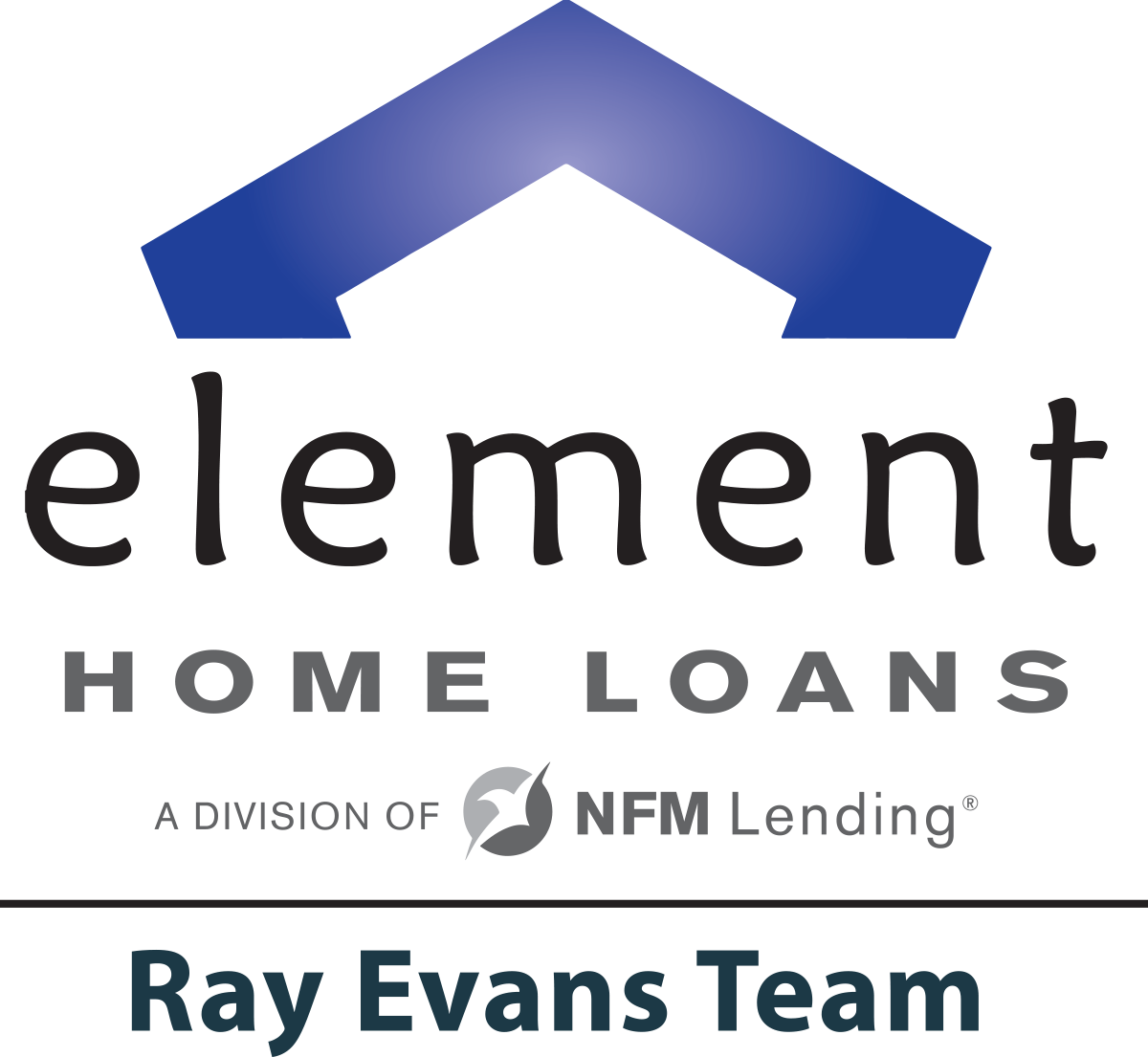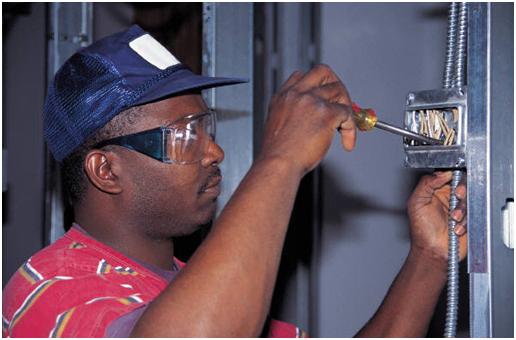Repair Escrow
Funds are used for required repairs that cannot be completed before closing. Funds come from the buyer and/or seller and are not rolled into the mortgage. For situations where that is needed, rehab loans are available.
Non-Weather-Related Repairs
- Only repairs required on appraisal report are allowed.
- Repair estimates to be provided from licensed professional(s).
- The repairs cannot adversely affect the safety, soundness, or habitability of the premise.
- Cost to complete does not exceed 10% of the “as completed” value or specific agency maximum.
- Title insurance will not be impaired or adversely affected during and after the completion period.
- Upon completion, appraiser must performs a final inspection.
- Repairs must be completed within 10 calendar days.
- 120% of the repair bids must be collected.
Weather Related Escrows
- Only repairs required on appraisal report are allowed.
- Repair estimates to be provided from licensed professional(s).
- The repairs cannot adversely affect the safety, soundness, or habitability of the premise.
- Cost to complete does not exceed 10% of the “as completed” value or specific agency maximum.
- Title insurance will not be impaired or adversely affected during and after the completion period.
- Upon completion, appraiser must performs a final inspection.
FHA
- Total repair cannot exceed $5,000 ($10,000 if HUD REO) or it must be completed as a 203k. The $5,000 ($10,000 if HUD REO) is the repair cost and does not include the additional percentage requirement.
- Not HUD REO: 150% of the estimated repair cost must be escrowed.
- HUD REO: 110% of the estimated repair cost must be escrowed.
- The sales contract must include the repairs and the 110%.
Conventional
- 120% of the repair bid must be collected.
VA
- 150% of the repair bid must be collected.
USDA
- 120% of the re pair bid must be collected. The cost of the work cannot exceed 10% of the final loan amount.
Escrow Holdback
Can only be for repairs that will not affect the livability, safety, or structural integrity of the property or affect the ability to obtain a Certificate of Occupancy on new or proposed construction. Escrow holdbacks can be set up due to the appraisal being “subject to” or due to the terms of the sales contract.
Eligible Repairs – New Construction
- Incomplete items that do not affect the ability to obtain a Certification of Completion or Occupancy Certificate.
Eligible Repairs – Existing construction include, but are not limited to:
- Exterior Painting.
- Replacement of carpet or flooring.
- Minor exterior plumbing leaks.
- Replacement of window glass and/or screens.
- Replacement of doors, fixtures, or rotted exterior wood.
- Garage door repairs.
- Other “wear and tear” items at the discretion of the underwriter.
Ineligible Repairs new and existing construction:
- Conditions that affect the safety, livability or marketability of the property.
- Structural repairs.
- Incomplete work may not prevent the issuance of a Certificate of Occupancy, if applicable.
- Plumbing fixtures.
- Any scraping of lead based paint.
- Installation or repair of a swimming pool.
- Completion of a partially finished addition or renovations.
- Well/Septic repairs.
- Roofing, including active roof leaks and curled or cupped roof shingles.
- Extensive electrical or plumbing repair.
- Foundation or structural repairs, including cracks or settlement in the foundation or water seepage.
- Termite damage (excluding minor repairs).
- Environmental hazards.
Required Documentation for all Escrow Holdbacks
- Document reason the repairs cannot be done prior to closing.
- A certified contractor/vendor/appraiser (not the borrower or property seller) must provide a written estimate itemizing all incomplete work and the cost to complete each item. USDA requires a signed contract between the borrower and the contractor.
- Fully executed Escrow Holdback Agreement.
- Closing Disclosure evidencing escrow of funds at closing.
- Final inspection/documentation of completion of repairs as required by loan type referenced below. If minor repairs are performed by the borrower receipts will be required.
Conventional Repair Escrow
- Allowed for completion of minor repairs or deferred maintenance items that do not affect the safety, soundness, or structural integrity of the property.
Completion Term
- All repairs must be completed within 180 calendar days
Escrow Amount
- The cost of completing the improvements must not represent more than 10% of the “as completed” appraised value of the property.
- An escrow for the postponed improvements must be established with funds equal to 120% of the estimated cost for completing improvements.
Evidence of Completion:
- If the appraisal is completed “subject to” repairs or alterations, the appraiser must perform a final inspection and complete the Certificate of Completion report on Form 442. The Certificate of Completion must:
- Be completed by the appraiser, and
- State the improvements were completed in accordance with the requirements and conditions in the original appraisal.
- Be accompanied by photographs if new or proposed construction. If existing property photographs are only required if the ones that accompanied the original appraisal report are no longer representative of the completed property.
- If the appraisal is completed “as is”, the borrower must verify that the repairs have been completed to his/her satisfaction and authorize release of the escrowed funds.
- Certification from a qualified professional on a company form or letterhead. A qualified professional may be a:
- Professionally licensed, bonded, registered engineer; or
- Licensed Home inspector; or
- Appropriately registered/licensed trades person.
- If the borrower performed the minor repairs, receipts for the items needed to make the repairs and the fee inspection is required.





